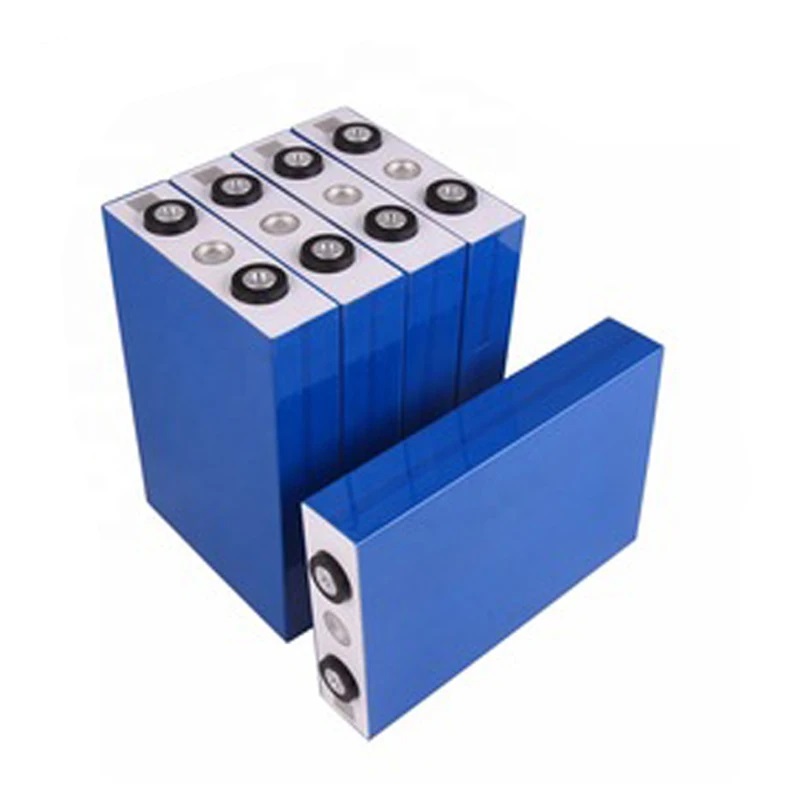Yes, climate can have an impact on the operation and performance of lithium iron phosphate (LiFePO4) batteries, as it does with many other types of batteries. Here are some factors related to climate that can influence the behavior of LiFePO4 batteries.
- Temperature Sensitivity:
- Lithium iron phosphate batteries generally operate well over a wide range of temperatures. However, extreme temperatures, both high and low, can affect the battery’s performance.
- High temperatures can accelerate the degradation of the battery, leading to a reduction in cycle life and overall capacity. On the other hand, low temperatures can increase internal resistance, limiting the discharge capability and reducing overall efficiency.
- Capacity at Low Temperatures:
- LiFePO4 batteries may experience a reduction in their capacity when operating in very low temperatures. This is often referred to as “cold weather performance” or “cold temperature fade.”
- Charging Performance:
- Charging a lithium iron phosphate battery at very low temperatures can be challenging. It may lead to incomplete charging, and in some cases, it may be necessary to warm the battery before charging for optimal performance.
- Thermal Management:
- Maintaining an appropriate operating temperature is crucial for the longevity and safety of LiFePO4 batteries. Some applications, especially electric vehicles and large-scale energy storage systems, incorporate thermal management systems to regulate the temperature of the battery.
- Self-Heating:
- Lithium iron phosphate batteries, like other lithium-ion batteries, generate heat during operation. In cold climates, the battery may need to rely on internal self-heating mechanisms to maintain an optimal temperature for efficient performance.
- Cycle Life:
- Extreme temperatures, whether hot or cold, can contribute to a reduction in the overall cycle life of lithium iron phosphate batteries. It’s generally recommended to operate these batteries within a specified temperature range for optimal performance and longevity.
To mitigate the impact of climate on LiFePO4 batteries, manufacturers and system designers may incorporate thermal management systems, insulation, or other measures to control and regulate temperature. Additionally, users should be aware of the recommended operating temperature range specified by the battery manufacturer and take appropriate precautions in extreme climates.


